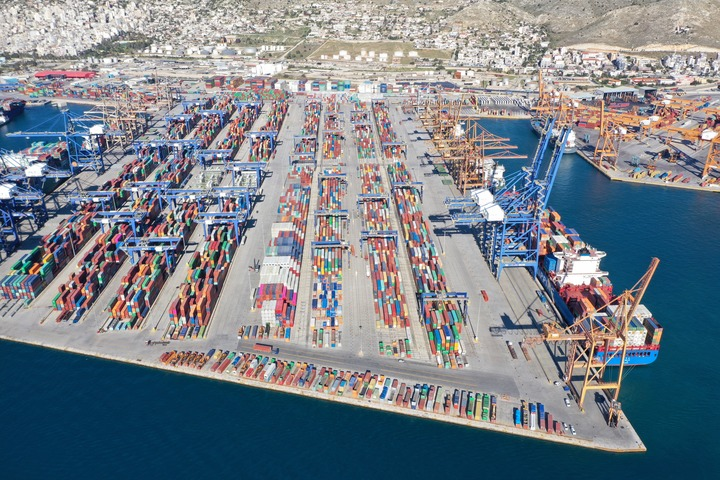ISLAMABAD, June 21 (Xinhua) -- Experts from various countries have called for greater cooperation and connectivity under the China-proposed Belt and Road Initiative (BRI) to combat multiple challenges including climate change, pandemic and food insecurity.
Speaking at an international webinar titled "Big Power competition in the post-pandemic World Order and the Belt and Road Initiative" on Monday, the experts rejected any notion of confrontation or a new Cold War mentality, saying cooperation rather than confrontation is the need of the hour for global economic success and development.
Mushahid Hussain Syed, chairman of the Pakistani senate's defense committee, said that China sought an economic-driven vision through BRI, which has been joined by 149 countries, including Pakistan, and 32 international organizations.
The China-Pakistan Economic Corridor (CPEC), a flagship project of BRI, is the most significant diplomatic and developmental initiative in the 21st century, the senator said, underlining the need for proactively promoting CPEC for Pakistan's socio-economic development.
"Pakistan is in a strategic location where huge transformations and transitions are taking place... the country is endeavoring to be the hub of regional connectivity through CPEC, by making a transition from geopolitics to geo-economics," Syed said.
He said that China remained committed to the path of peaceful development and win-win cooperation, hoping that all Asian countries would stay away from any conflict, confrontation and Cold War.
Terming the BRI an opportunity to leverage the economic potential of the South in the post-pandemic period, Tehmina Janjua, former Pakistani foreign secretary, said that the initiative has economic grounds rather than strategic ones, reflecting China's aspirations to build a prosperous international community.
The U.S. and its Western allies' efforts to limit China on all fronts are "unfortunate" as it will have major ramifications not just for the developing countries, but also for the U.S. and its allies, she said. "Such development impacts everyone, not just the one being targeted."
Suos Yara, chairman of the National Assembly of Cambodia's Commission on Foreign Affairs, International Cooperation, Media and Information, said that BRI is a platform for collaboration since it offers so many prospects, such as infrastructure upgrades and breathing room for partner countries' economies amid challenges.
The foundations of economies have been shaken amid so much uncertainty in the global arena, where smaller countries are facing numerous obstacles in attaining economic prosperity, he said, adding that the new world order must be inclusive, sustainable and resilient.




 A single purchase
A single purchase









